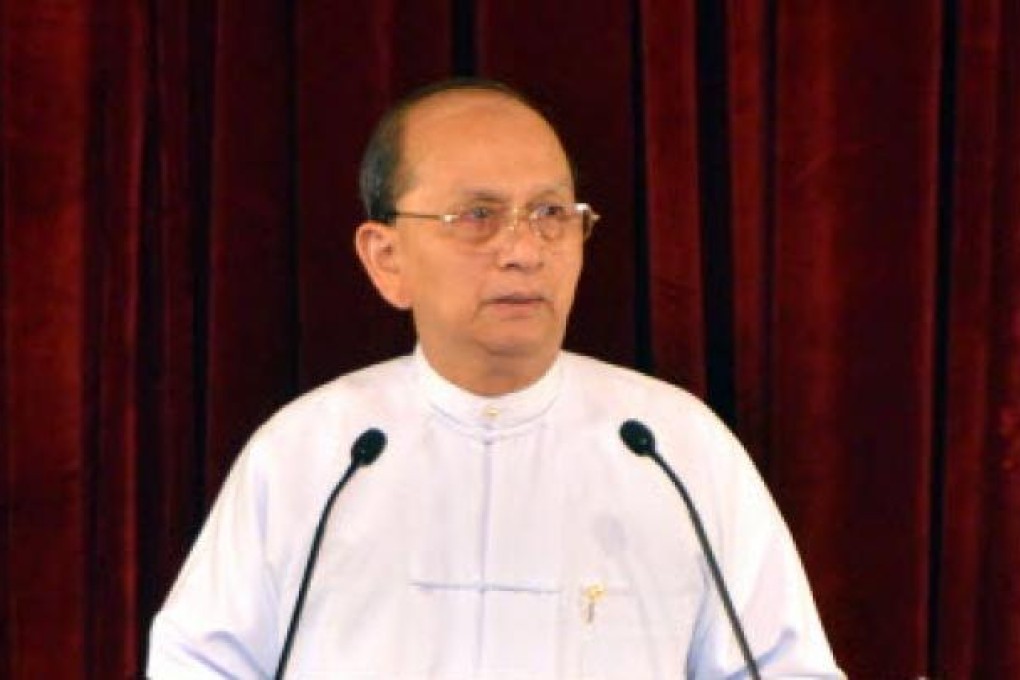Myanmar aims to improve lives, modernise with new reforms

Myanmar’s government will unveil a slew of new reforms to donor countries and international organisations this weekend, aiming to consolidate achievements since the end of military rule in 2011 but also quickly improve the lives of its citizens.
A wide-ranging “Framework for Economic and Social Reforms” to be presented in the capital, Naypyitaw, sets out priorities until 2015 and broader initiatives “that will allow Myanmar to become a modern, developed and democratic nation by 2030”.
The document seen by Reuters, which addresses such issues as liberalisation of trade and investment, health and education, transparency and infrastructure, admits Myanmar “is way behind neighbouring countries”.
President Thein Sein, himself a former junta general, has transformed the country since taking office in March 2011 at the head of a quasi-civilian government.
He has introduced sweeping economic reforms, including a more market-oriented exchange rate, released hundreds of political prisoners, and agreed ceasefires with most of the ethnic rebel groups that have fought for decades for autonomy.
Late on Friday he issued a ceasefire order in Kachin state, where tens of thousands of people have been displaced in 20 months of fighting, although rebel leaders would not immediately commit to the truce, suspicious of the government’s motives.